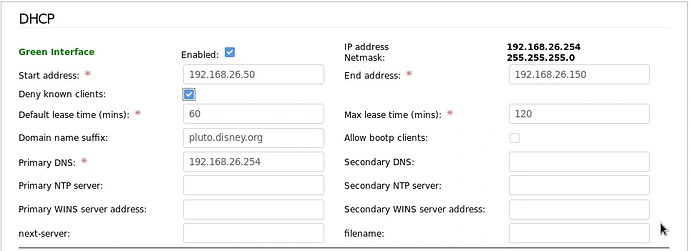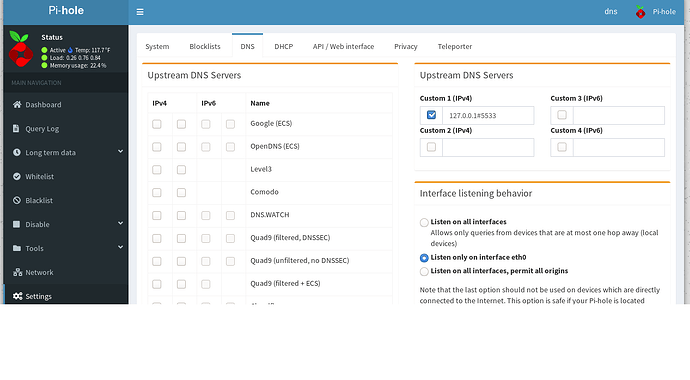So I just built a fresh install of IpFire on a cartridge SSD of my x86/64 IpFire router after getting hacked last night and 2 other times in the past.
The reason I believe this is because the first incident, my wife had 2k worth of her crypto currency stolen and the company told her it happened from our end. This is the very reason I decided I needed a firewall and chose IpFire FIRST to protect me. But this has been a long term project because I simply don’t have the time and maybe not even the smarts needed to just put this up and expect to leverage it for perfect security which probably doesn’t exist anyway.
However, I don’t believe this is a nation state or an organization doing this to me. I do believe this is either a single criminal or a group of criminals doing this to me… So I’ve been looking for help because quite frankly, I have no where near the money to pay for help, so I’m trying my best to do this on my own…
The second incident (which I was using OpenWRT at the time, yes even harder to learn) was when I went to a discord Linux group and the second I spoke up at the group, an endless loop of pop up windows from Firefox kept popping up, demanding I give it permission to use my microphone and/or camera and I had to restart everything and unfortunately, I had to leave my home for 3 weeks that day, leaving my wife on her own which scared me cause I know cyber stalkers can turn into house breakin’s and let’s just say I’m from Florida but it still scares me nonetheless.
And the third incident which has brought me to you, was a few days ago on IPfire which is compelling me to ask you guys for suggestions today on what I can do with IpFire to help me collect evidence to report this and stop this hacker at the firewall before it becomes serious as it already has…
What happened is my internet had suddenly went out for no reason and when I looked at the firewall logs, I seen pages of dropped packets from Hong Kong, China, Russia, Ukraine and the Netherlands and realized I had forgot to turn on the location blocker. So I turned on the location blocker and blocked all these multiple repeating countries and the logs slowed down significantly until the red line completely dropped and no longer worked long after the incident was over.
So when I took out my trusty ubuntu usb to test my equipment and prepare the disk for a new install of IpFire, I noticed, from the disk utility and Gparted that there was 3 partitions on the disk which I think one was a hidden partition because when I went to erase the entire thing, Linux kept telling me no it wouldn’t erase the partition but it eventually would do it and now things are working great (as there was strange slowdowns before this incident) on this new install, for now. So here’s why I’m telling you all this:
I’m not a computer science expert or have a degree of any kind in technology but I now realize I have a serious need to collect evidence and report this to the FBI so I need your help. I’ve read ALL the documentation for IpFire as best as I could but what I need from you guys is suggestions on how I can harden IpFire AND use the reporting system on here to continue to collect evidence as I already have some evidence from the stalking from facebook and telegram which are apps everyone in my house uses.
I know screenshots and Pcap files are admissible as evidence and I do understand that MAYBE I can ask the local police for help but only after I report it to the FBI’s website with the proper evidence and I need Ur help collecting it if IpFire can do this.
I am trying to build a web server and a DMZ to learn how to build web pages for small businesses. This hacker has caused me to have to set down the back end coding for 6 months of my life now and now I’m learning how to build these firewalls as a result. It’s not what I want to do but this is a serious problem in my life and it’s already caused alot of damage to my life and because it’s not stopping, I feel like I need help and your suggestions on what I can do using this firewall which could be a game changer for me and perhaps even for the criminal stalking and stealing from me who simply needs to go to jail for doing this to me and my family.
Since no one has asked this question on these forums, maybe this is a good opportunity to not just help me, but to use my experience to help everyone who decides to use this firewall to protect their SOHO/Home networks so they don’t have to go through what I’m going through. Please help and Thank you if you do!!! All Love…

